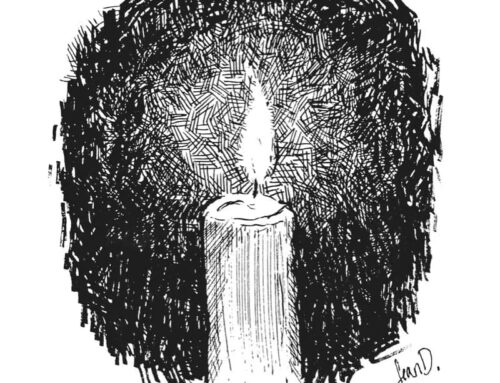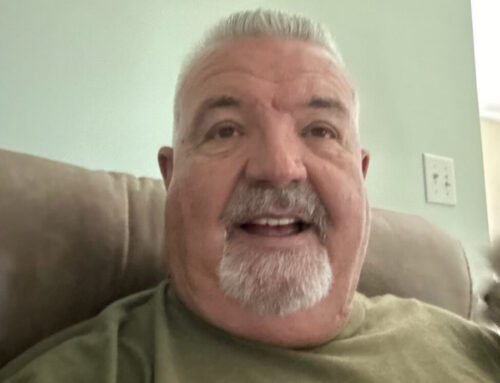A study was done at the University of Pennsylvania with people who were about to go into surgery. One half of the people were given benzodiazepines, and one half were offered the opportunity to listen to the song Weightless by Marconi Union. The song was almost as effective as the benzodiazepines in calming patients prior to surgery.
Robert Whitaker in one of his recent books Anatomy of an Epidemic: Magic Bullets, Psychiatric Drugs and the Astounding Rise of Mental Illness in America described some of the history behind benzodiazepines. Originally, a pharmaceutical company was trying to develop a drug that would fight bacteria. The study involved putting mice through a series of electrical shocks. They injected the mice with the drug prior to the electrical shocks and to their surprise the mice became totally passive prior to the electrocution. Then the company marketed the drug to housewives who were discontented in their role as homemakers.
Today, 30 million people use benzodiazepines. The medications are highly addictive and long-term use is associated with cognitive decline. They slow down our nervous system which unfortunately handicaps our body’s ability to regulate our own nervous system so that when people try to stop using them it is difficult to withdraw. There may be certain times and situations when their use is necessary and helpful, but they were never intended to be a permanent solution or even a long-term intervention. As one psychiatrist told me, typically they are meant for short time support, maybe for 3-6 months and until the patient learned ways to manage stress without their use. Sadly, most often, when we need to be clear and focused during times of stress the medications prevent that from happening.
In our culture we have been fed the belief that we should not feel any discontent, unease, and/or anxiety. We struggle withdistress intolerance. We have been conditioned that we should not have to experience any distress, that life should be stress free. Anytime we experience the least amount of pain or the slightest emotional distress we try to take it away with medications. We become distress intolerant. We overlook our own power to handle distress and as a result we are unable to build up our ability to be present with any level of distress. Especially with emotional distress we lose the opportunity to identify the sources and reasons for our distress along with the awareness of how to address them.
It is easy to start to rely on external measures to manage anxiety rather than tap into our own internal power. We start to believe that anxiety is something we need to run from rather learning that life at times is distressful and there are periods when we will experience discontent. Life is challenging and yet there is a sense of empowerment when we learn that we can deal with the ups and downs of life with our own personal and inherent resources.
There are countless ways for us to use our own power to manage stress. I will offer some skills and techniques that you can use to manage stress and anxiety. Distress tolerance is a skill that can be learned and one that will serve you well.






